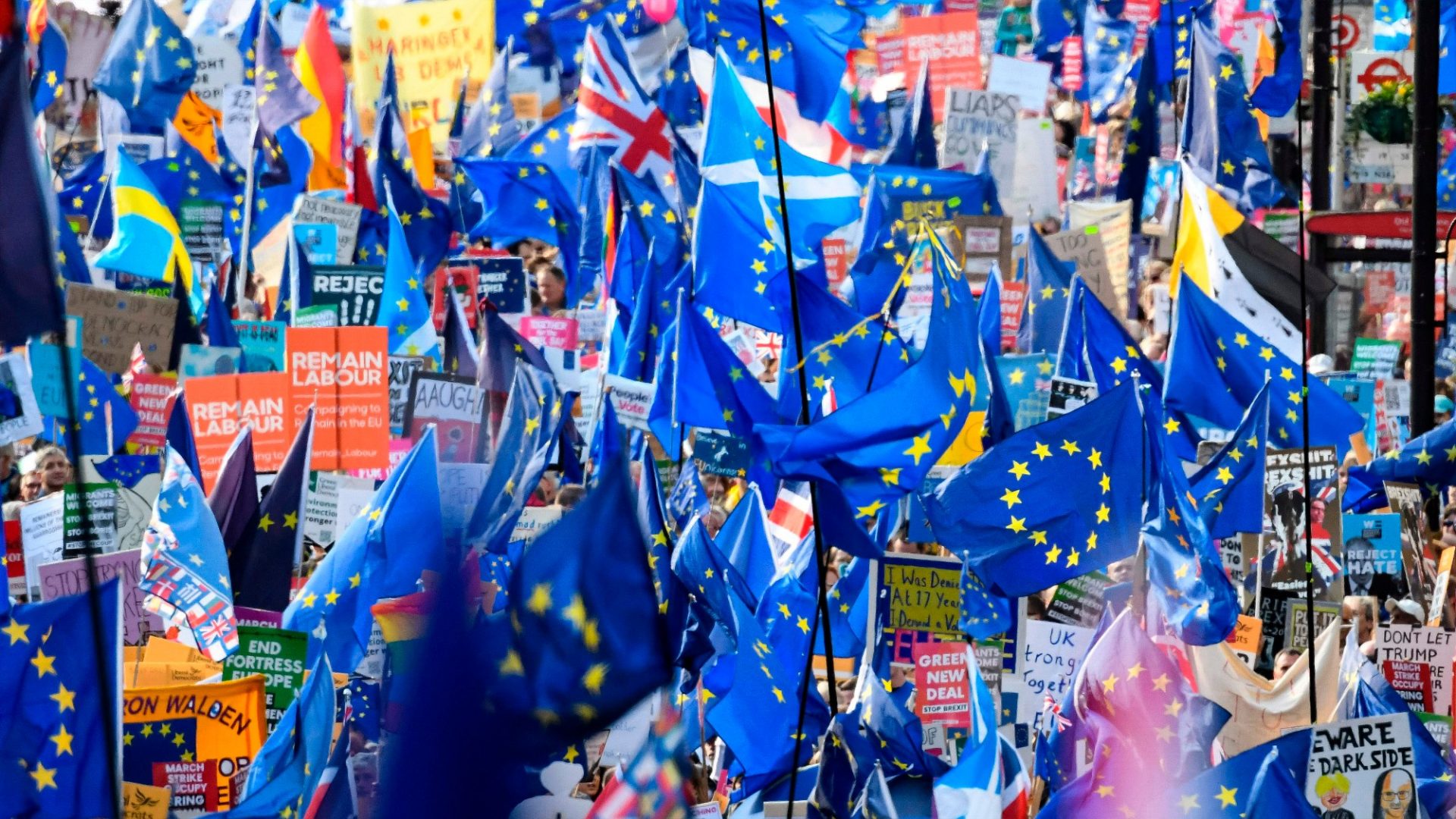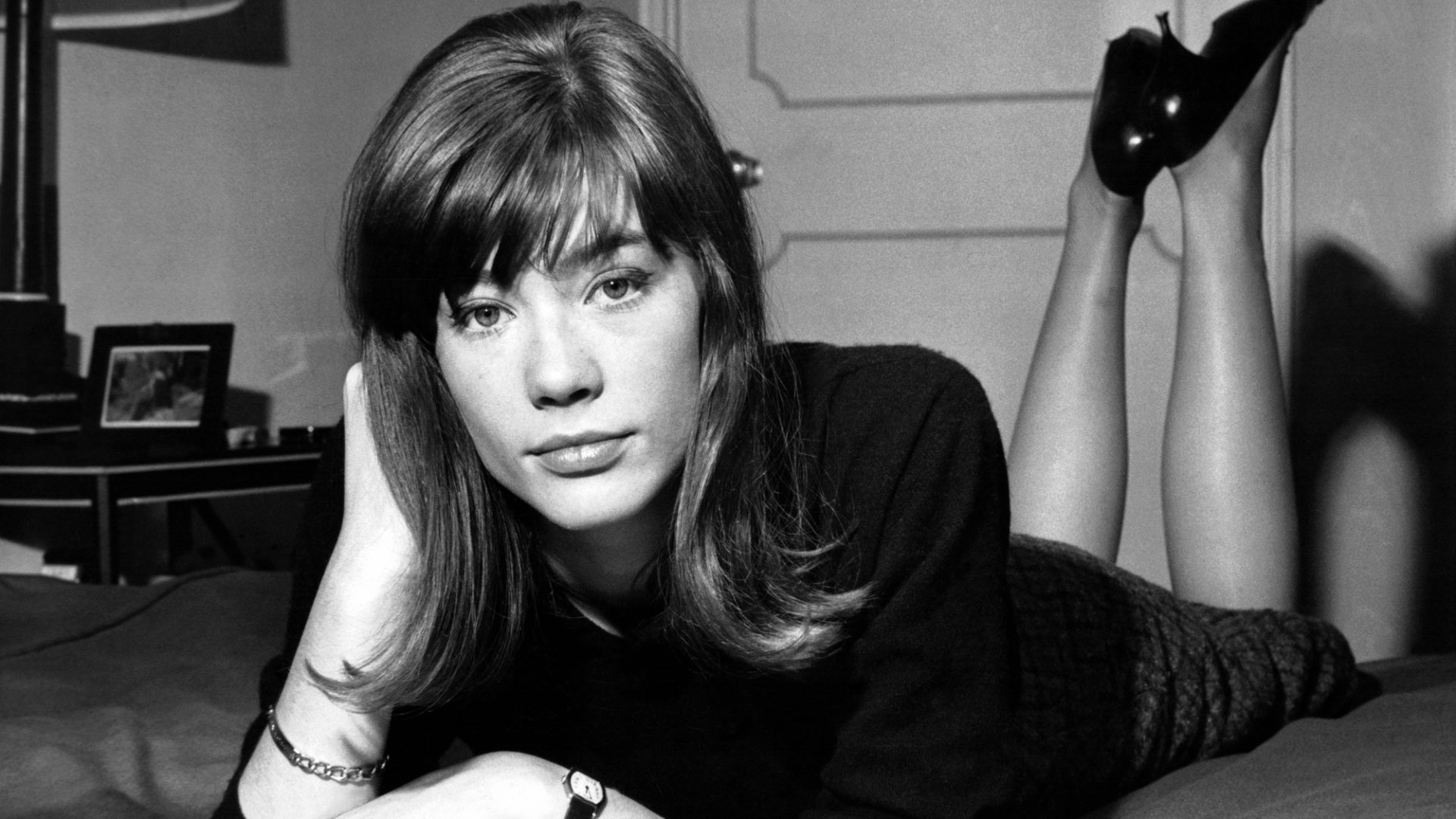It has been eight long years since the UK voted to leave the EU, yet many of us are still amazed that it happened at all.
At the time of the referendum, I was working at the BBC as business correspondent, and it was obvious that most of us did not see Leave winning – even the Leave side didn’t think they were going to win.
One day in the middle of the campaign there was a morning meeting with 20 or 30 people from the business and economics unit. It was a daily event, when we would gather to discuss the stories of the day and who should cover what. That day my boss decided on a straw poll and asked all the gathered team if they really thought the Brexiteers stood a snowball’s chance in hell of winning.
Only two of us put up our hands, one who supported Brexit and me. My boss was amazed and thought I was backing Brexit too. I wasn’t, but I did get out of London more than most journalists. It was obvious when you saw at first hand the anger, the misery, and the bitterness of people suffering under austerity. They wanted someone to blame, someone to hurt. The Leave campaign gave them just what they wanted.
But most journalists could not quite believe that people would cut off their noses to spite their faces. But they did, and the media failed to spot what was developing. The question is – why?
For a start I should say that the BBC failed to report on Brussels properly for years, and so did most of the media. Unless it involved sport, or guns, or dramatic pictures, “Europe” was considered boring and dry.
It helps explain why the lies about the EU, Eurocrats and bent bananas were allowed to get such a grip. They were either ignored or reported in a “balanced” way, so that the lies got free and unjustified airtime alongside the truth. It was a slow poisoning of the debate, and it went on for years.
The BBC and others also had a frustrating habit of simply ignoring big European stories. So, if a building fell over in Seattle the 6 o’clock news might lead on it, but if a government fell in Spain, you would be hard pressed to notice. And if a European story did ever make it on to the airwaves, it was covered by someone flying from Brussels to do it, not London. It was like insisting that the BBC’s Westminster-
based political correspondents immediately stopped doing their job of reporting on the House of Commons and flew to Glasgow to report on a road traffic accident.
This is how the UK media stopped reporting properly on the EU. I was once asked by the Brussels bureau chief to take a senior EU civil servant for lunch to find out why the BBC was not getting any scoops and why the breaking stories always went to someone else. The answer was stark: “I don’t know who any of you are,” said the civil servant, “you have never even introduced yourselves.”
But then we come to the referendum, and the BBC, ITV and Sky were played for fools by Leave. The Brexiteers campaigned with lies and then the BBC insisted that its journalists repeat the lies and give equal coverage to the lie, even when we knew the truth ourselves. It was maddening.
The whole theme of the Leave campaign was that “we can have all the benefits of membership but none of the costs”. This was obviously rubbish, but was reported as if it were a legitimate possibility. We had to pretend that arguments such as: “we have them over a barrel”, “the German car makers will save us”, “they need us more than we need them”, “we hold all the cards”, and even “these will be the easiest negotiations ever”, were logical and realistic.
It was all a long way from reporting the truth and many other journalists were, like me, utterly furious. The management, however, insisted that this was just normal BBC impartiality, but really the broadcasters, including the BBC, had their own rules of impartiality used against them. As one very senior journalist said later: “When one side says it is raining and the other says it isn’t it is not your job to say, ‘one side says it is raining and the other says it isn’t’. It is your job to stick your head out of the bloody window.”
By the middle of the referendum campaign, it was clear that the light at the end of the tunnel was actually an oncoming train. The electorate had just stopped caring about the facts. They were going to give smug David Cameron a jolly good kicking and there was nothing anyone could do about it.
George Osborne panicked and issued ever more preposterous claims about the damage Brexit would cause. The Leave campaign simply lied through its teeth.
Those lies were carefully designed to appeal to voters in areas of the country that were suffering. The Brexiteers told them it was the fault of foreigners, immigrants and Brussels bureaucrats, an argument that went down very, very well. It was also obvious the polls were underestimating the level of support for Leave. When nice, middle-class pollsters ask people who they intend to vote for, they often hold back on admitting to voting for the extremes.
Then came the final piece of evidence. The Labour MP Jo Cox was brutally murdered by a Nazi, Brexit supporter – and even then the polls hardly budged. When people are willing to hold their noses to vote for the same cause as a white supremacist murderer, you know the game is up.
I woke very early on the day of the result because I was being sent to the Bank of England to report on what it would all mean for the value of the pound. I saw the results and sent my brother a two-word message “Oh, Fuck!”. An analysis I have failed to improve on over the last eight years.
Ever since, we have been covering the complete disaster that has ensued. It started on the day itself, in a radio car outside the Bank of England, as I reported that the Leave vote had caused the value of the pound to drop by 10%. Investors around the world looked at Britain, and concluded that what we had done was stark, raving mad.
While I was doing that, Matt Kelly – the New European’s founding editor – and its current editor Steve Anglesey were digesting the result over coffee and thinking about a response to it. This newspaper was the result.
We have been trying to fight back ever since. But we are now in the middle of a general election in which the two major parties won’t even mention the word Brexit. The madness continues in this forced silence. The emperor still has no clothes, and someone has to stand up and say so, because the mainstream media won’t.
That’s now our job. We will continue to shout it. When the crowd starts to laugh and calls out the lie themselves, we will know we have succeeded.




